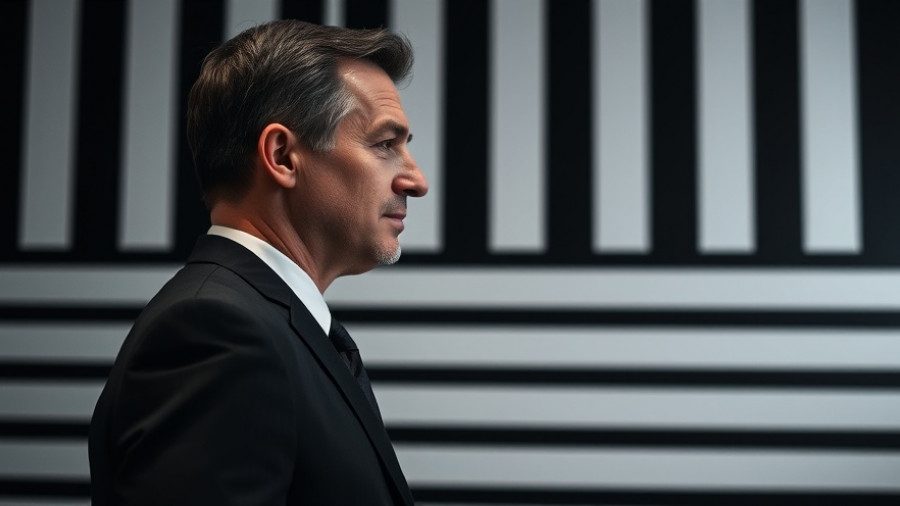
Elon Musk's Ambitious Robot Army Vision
In a bold statement during Tesla's recent earnings call, CEO Elon Musk expressed his concerns about maintaining significant influence over what he terms his "robot army.” This isn’t just about building robots; it’s about power dynamics within his company and the future of automation. Musk aims for Tesla to evolve beyond an electric vehicle manufacturer into a leader in artificial intelligence and robotics. As ambitious plans unfold, he has linked his astonishing $1 trillion pay proposal to successful milestones, including the delivery of 1 million humanoid Optimus robots.
The Financial Stakes Behind Automation
Musk's grand vision for Optimus isn't unrelated to shareholder expectations. Investors are set to vote on Musk’s compensation package, which would increase his stake in Tesla from 13% to 25% if he hits metrics such as delivering 20 million vehicles and 1 million robot taxis. The stakes are high—Musk refers to Optimus as "an infinite money glitch," believing that a well-designed humanoid robot could revolutionize daily life and automate mundane tasks, ultimately creating a utopia free from poverty.
The Elusive Path to Production
While optimism abounds, the road to full-scale production isn’t without bumps. Current production goals for Optimus have been scaled back from an initial target of 5,000 units due to significant engineering challenges, especially in creating functioning humanoid hands and arms. Musk expects a production-intent prototype by early next year but admits that full production may not commence until late 2026.
Impact on Society and Workforce
Perhaps the most compelling aspect of Musk's narrative lies in his assertion that robots, such as Optimus, could transform the workforce. He foresees a world where tasks become optional, much like growing a garden instead of buying produce from the store. This perspective sparks a debate on the nature of work and human engagement, suggesting a future where labor is no longer a necessity, but rather a choice. Advocates express excitement over a potential lack of poverty and improved public health, while critics caution about the implications of such technological dominance and corporate control.
Looking Ahead: A Fork in the Road
The upcoming vote by Tesla shareholders will not merely assess Musk’s staggering pay package but will also question how much control over future AI developments should be centralized in one individual's hands. As Musk’s vision for a robotic future unfolds, the need for responsible leadership in AI and ethical governance becomes increasingly vital for the company and its stakeholders.
 Add Row
Add Row  Add
Add 




Write A Comment